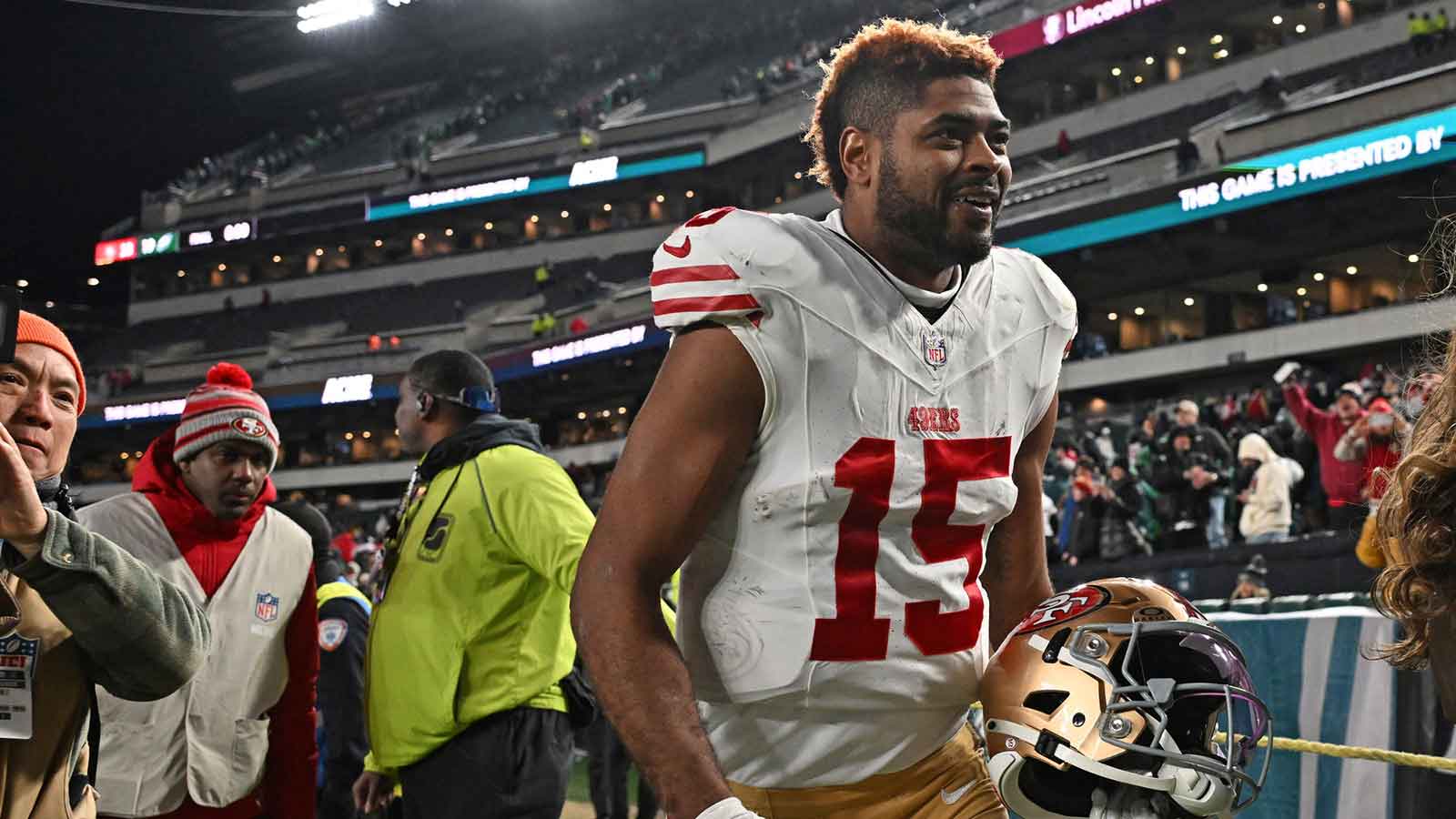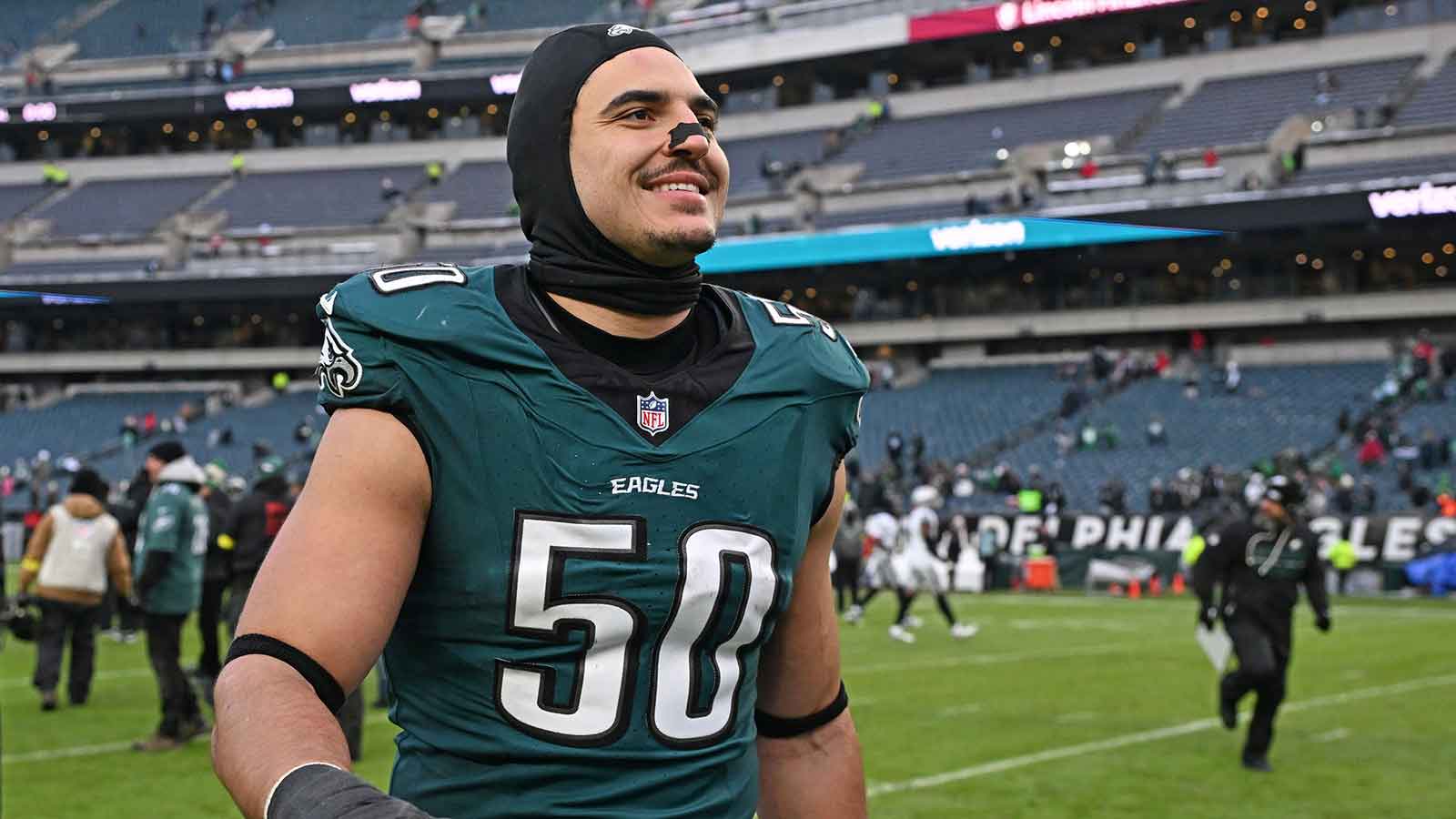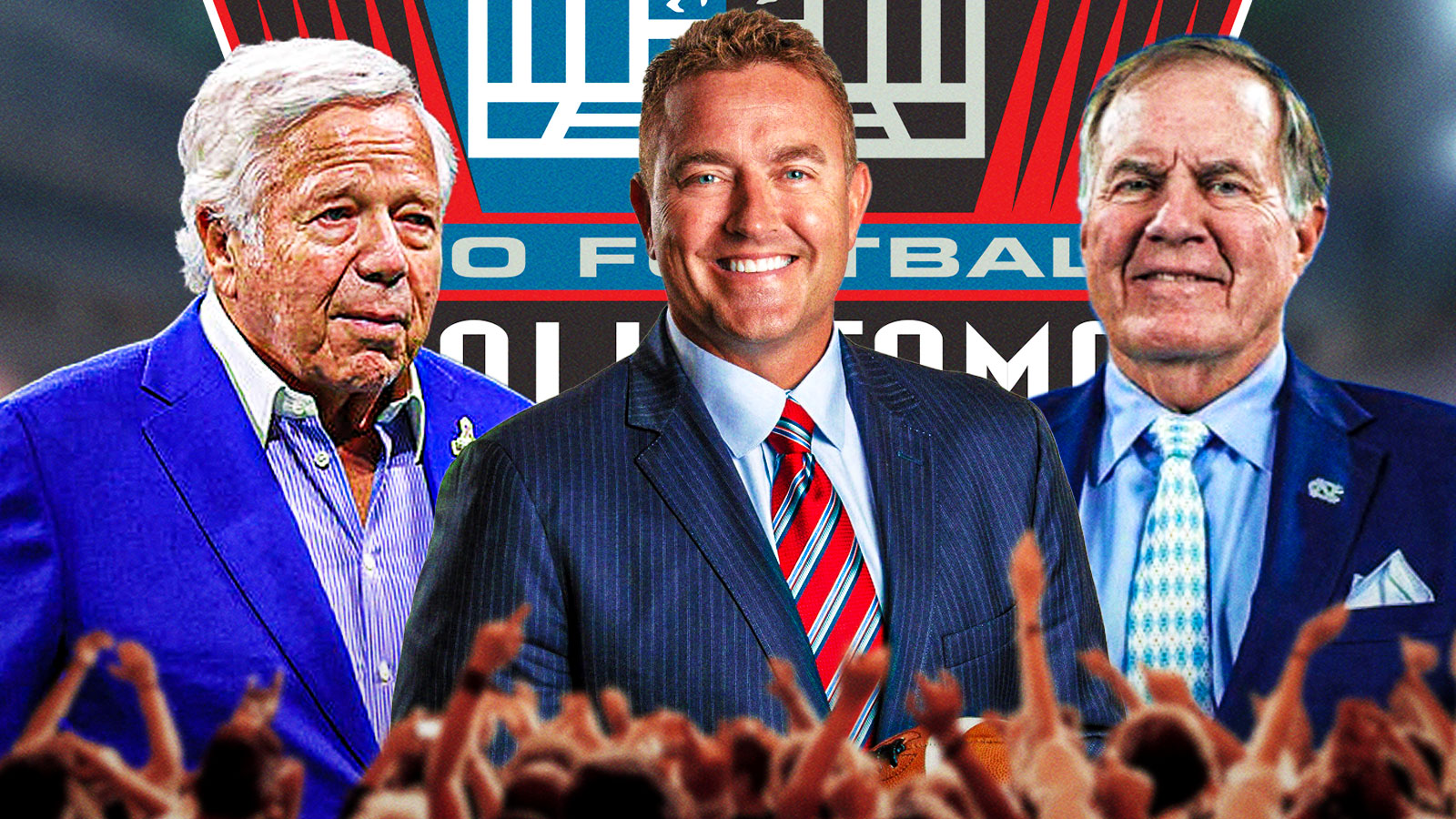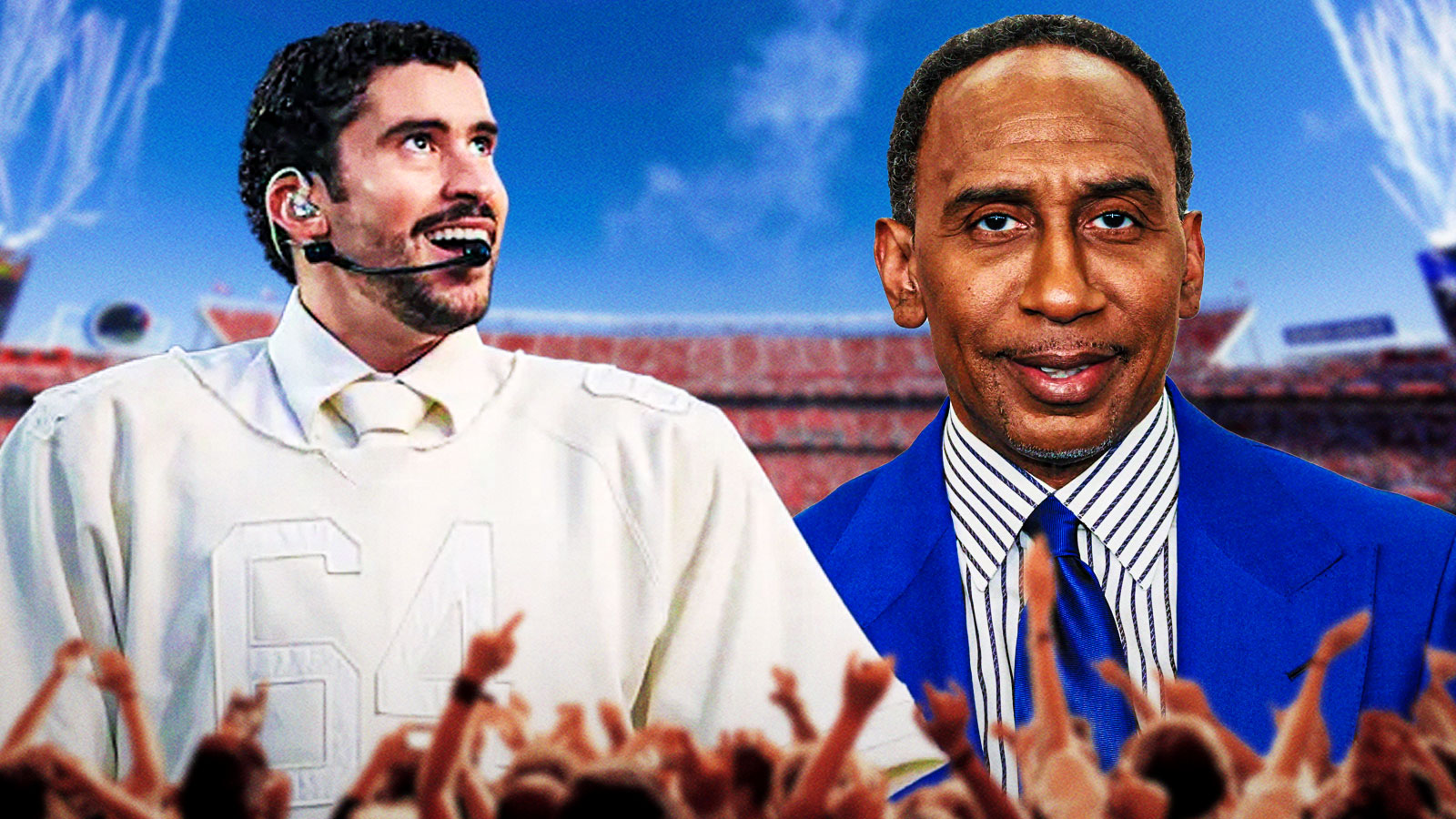Antonio Brown, arguably the most controversial player associated with the NFL, has taken a public stance against the league's rumored plans to extend the regular season to 18 games. Brown's critique, encapsulated in a pointed tweet, underscores a growing concern among players and observers alike regarding the balance between the league's commercial interests and player health and safety. Brown's comment, “Worried about CTE, but let’s play more games #CTESPN,” succinctly captures the inherent contradiction in expanding the game schedule amidst ongoing concerns about chronic traumatic encephalopathy (CTE) and other injury risks associated with professional football.
Worried about CTE, but let’s play more games #CTESPN https://t.co/JYH0cMCcPn
— AB (@AB84) March 3, 2024
Antonio Brown's on-field brilliance has often been overshadowed by his off-field controversies, including behavior that has led many to speculate about his own health in the context of CTE—a condition linked to repeated head impacts. His critique of the NFL's schedule expansion plans must be viewed through the lens of his complex and biased persona, blending legitimate concerns about player welfare with his personal agenda of opposing/playing into the CTE allegations against him.
The backdrop to Brown's statement is a broader discussion within the NFL about increasing the number of regular-season games. This conversation gained traction when Cleveland Browns General Manager Andrew Berry proposed delaying the trade deadline to accommodate an expanded schedule, per Pro Football Talk's Mike Florio, implicitly acknowledging the likelihood of moving to an 18-game season. The rationale for such an expansion is multifaceted, driven by the potential for increased revenue from television contracts, ticket sales, and the burgeoning sports betting market. Yet, this financial allure comes at a potential cost to player health, raising questions about the sustainability of adding more high-intensity games to an already demanding schedule.
The NFL's exploration of an 18-game season is not new but reflects a persistent ambition to grow the league's commercial footprint. Proposals have included various models to mitigate health risks, such as limiting player participation to 17 games, though such measures have sparked debate about their efficacy and the potential impact on the game's integrity and competitive balance. The tension between financial incentives and health considerations is emblematic of the broader challenges facing professional sports in an era where the physical toll on athletes is increasingly scrutinized.
As discussions about the schedule expansion continue, stakeholders must navigate these complex dynamics, balancing the league's growth ambitions with its commitments to player safety and health. Brown's critique, regardless of one's views on his broader career and public persona, highlights a critical fault line in this debate, emphasizing the need for a thoughtful approach to the future of the NFL schedule that prioritizes the welfare of the players who are the foundation of the league's success.
In essence, the conversation around moving to an 18-game NFL season encapsulates broader debates about the future of professional football, the responsibilities of league management, and the rights and safety of players. As the NFL considers this pivotal decision, the voices (and viral actions, which could serve as evidence) of players like Antonio Brown serve as a crucial reminder of the stakes involved, not just in terms of the game's commercial success, but in the health and wellbeing of those who play it.



















